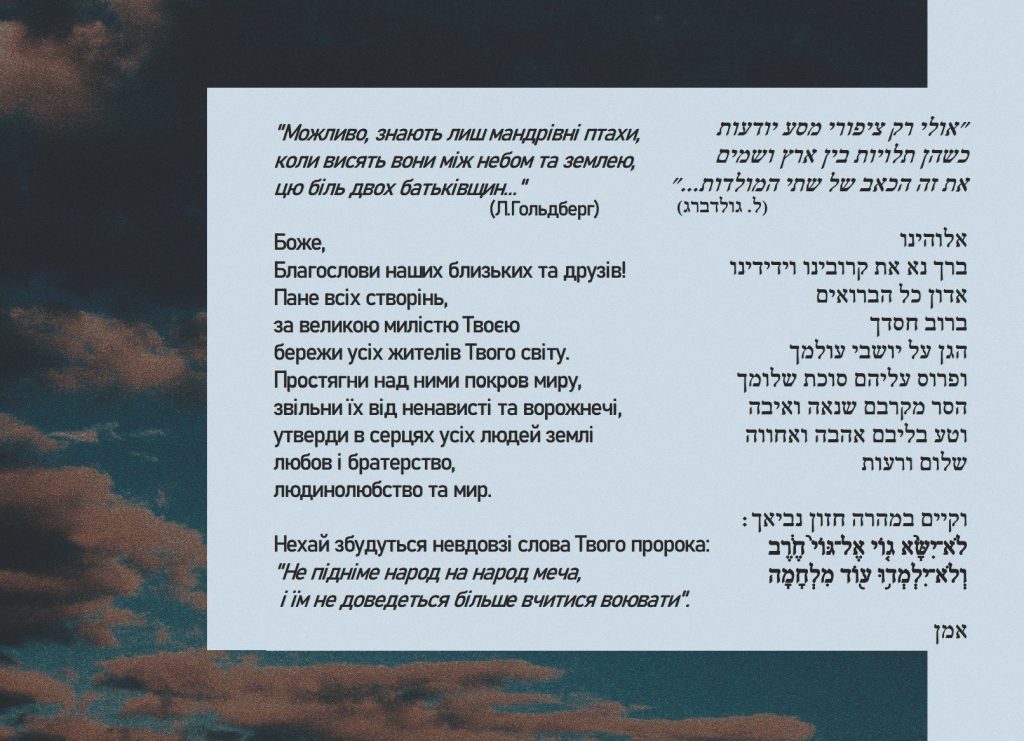Help. Thanks. Wow.
In the book Help, Thanks, Wow: The Three Essential Prayers, author Anne Lamont brings prayer to its most basic meaning and makes it accessible to all.
Help, Thanks, and Wow are the themes of all Jewish prayers whether expressed alone in personal prayer or as part of a structured worship service.
Today, I want to focus on Thanks – gratitude.
In addition to being part of our liturgy, gratitude is important because it puts everything in perspective. Giving thanks reminds us of our blessings and all that is good in our lives. A gratitude practice – articulating what we are grateful for on a regular basis – can lift our spirits and bring us joy. Research shows that regular acts of gratitude can even improve our physical and emotional health.
Through many of the blessings in our worship service, we have the opportunity for a regular gratitude practice. Of those blessings is unique as it combines an individual blessing with a congregational affirmation. In our Torah service, right after our prayer for healing, it is customary to say a thanksgiving blessing, called the Birkat haGomeil. Traditionally, this prayer is said by individuals who have survived life-challenging situations, for example: recovering from an illness, returning safely from travel, and overcoming a tragedy.
Even though Birkat haGomeil doesn’t traditional extend to other things we may be grateful for, like a simcha (happy event), or appreciation of nature, or the kind act of another human being to name a few, the wording of the text can apply to any reason for gratitude.
The text of Birkat haGomeil invites an individual to recite in front of the entire community: “Blessed are You, Adonai our God, Sovereign of the universe, who has bestowed every goodness upon us.” Then the congregation responds, “Amen. May the One who has bestowed goodness upon us continue to bestow every goodness upon us forever.” (Translation from Mishkan T’filah)
The unique nature of Birkat haGomeil is that it brings our gratitude to the public, and lets the congregation know what good things are happening in our lives. Then all of us can be grateful for each other’s blessings as a community.
This Shabbat, we’re going to begin this custom of inviting participants to share something they are grateful for in a short sentence. We’ll have index cards for you to write on before the service and there will be an opportunity to share out loud for those who are comfortable doing so. We hope to invite our online worshippers to participate once we determine the best method for that communication.
Even in our turbulent world, we have so much to be grateful for. Let us share our blessings with each other so we can rejoice together. Amen.

